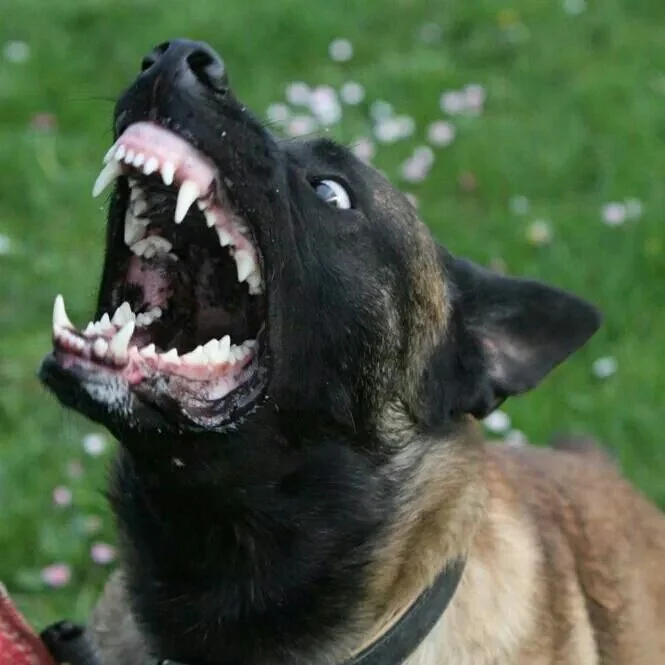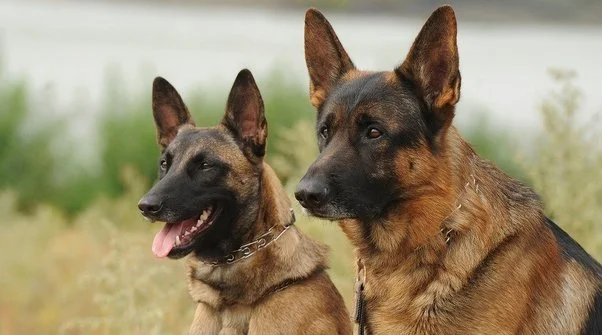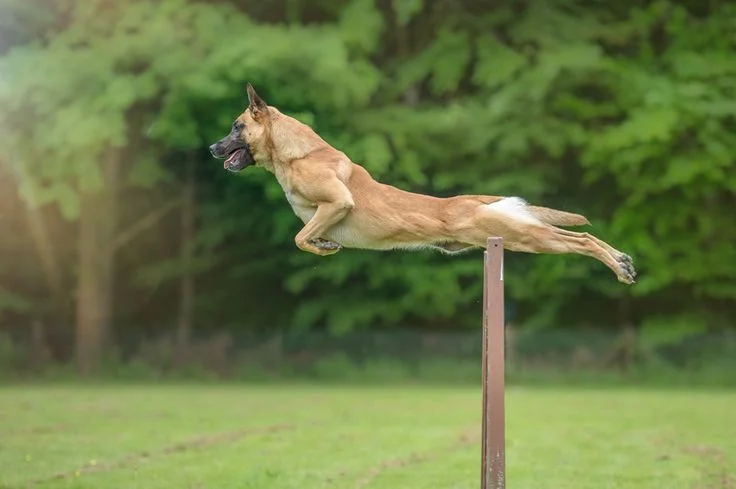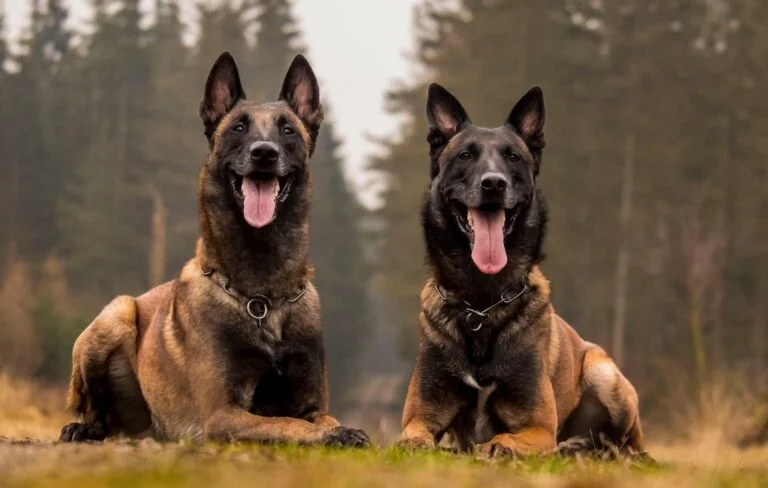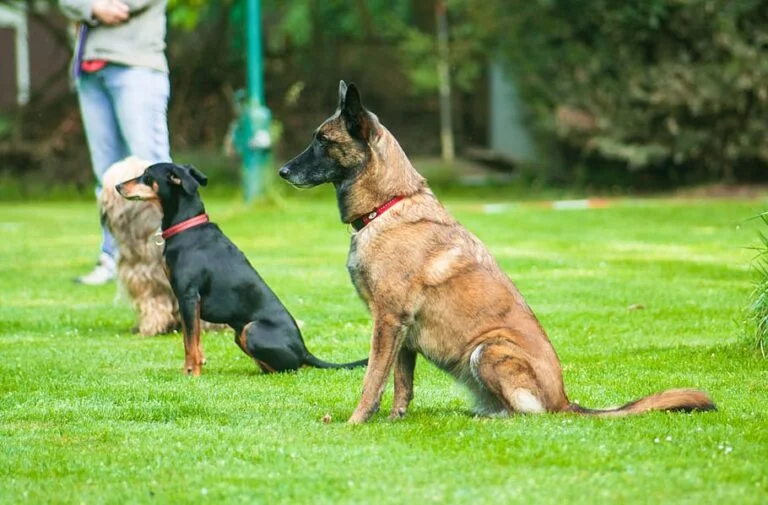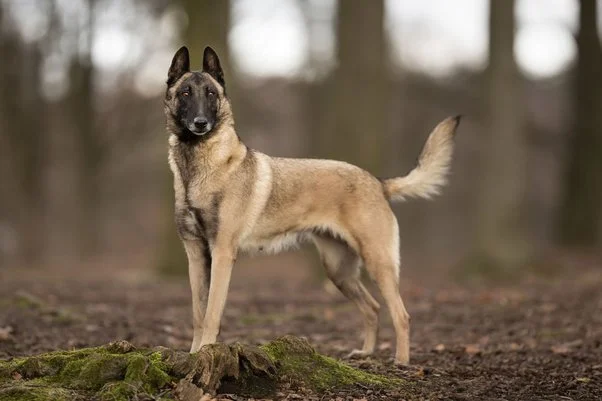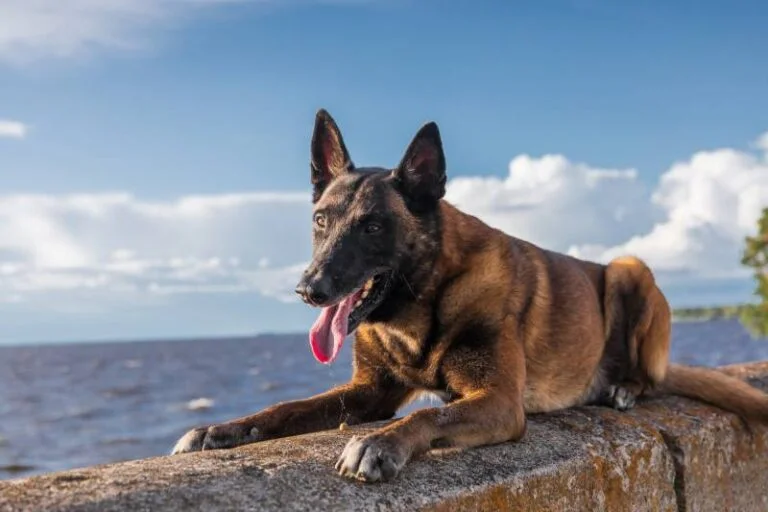Why Are Belgian Malinois Called Maligators
Belgian Malinois, often affectionately called “Maligators,” have garnered a reputation for their remarkable abilities and distinctive characteristics. But what lies behind this intriguing nickname? Let’s delve into the origins of “Why Are Belgian Malinois Called Maligators” and explore the traits that define these exceptional dogs.
1. The Origins of the Nickname
1.1. The Fusion of Two Identities
The term “Maligator” is a clever amalgamation of “Malinois” and “alligator,” reflecting the breed’s tenacity, agility, and powerful bite. This playful moniker hints at the Belgian Malinois’ impressive working capabilities and protective instincts, likening them to the formidable reptile.
1.2. An Homage to Working Dog Excellence
Calling Belgian Malinois “Maligators” pays homage to their esteemed status as elite working dogs. Just as alligators are revered for their prowess in their natural habitat, Malinois are esteemed for their versatility and proficiency in various roles, including police work, search and rescue, and military operations.
2. Traits That Define Maligators
2.1. Strength and Power
Belgian Malinois possess impressive strength and power, reminiscent of their namesake. Their robust build and muscular physique enable them to excel in physically demanding tasks, making them invaluable assets in law enforcement and protection work.
2.2. Agility and Speed
Like alligators stealthily navigating through water, Maligators exhibit remarkable agility and speed on land. Their fluid movements and quick reflexes allow them to maneuver through various terrains with precision and efficiency, making them formidable adversaries for any challenge.
3. Maligators in Action
3.1. Police and Military Service
Maligators are highly sought after for police and military service due to their keen sense of smell, intelligence, and unwavering loyalty. Whether it’s apprehending suspects or detecting explosives, these dogs demonstrate unparalleled dedication and effectiveness in their duties.
3.2. Search and Rescue Operations
In search and rescue operations, Maligators play a crucial role in locating missing persons and survivors in various environments. Their acute senses and determination enable them to cover vast areas efficiently, increasing the chances of a successful outcome.
4. FAQs (Frequently Asked Questions)
- Q: Are Belgian Malinois aggressive?
- A: Belgian Malinois can exhibit protective instincts, but proper training and socialization are key in shaping their behavior.
- Q: Do Maligators require specialized training?
- A: Yes, Maligators benefit from structured training tailored to their intelligence and energy levels to fulfill their potential in various roles.
- Q: Are Maligators suitable for families?
- A: While Maligators are loyal and affectionate, they require active lifestyles and experienced handlers, making them better suited for working environments.
- Q: How do Maligators compare to other breeds?
- A: Maligators are often compared to German Shepherds for their similar traits, but they possess a unique combination of agility, intelligence, and drive.
- Q: What are the grooming needs of Maligators?
- A: Maligators have short, dense coats that require minimal grooming, but regular exercise and mental stimulation are essential for their well-being.
Conclusion
The nickname “Maligator” encapsulates the essence of the Belgian Malinois breed, highlighting their strength, agility, and unwavering dedication to duty. Whether in police work, military service, or search and rescue operations, Maligators continue to earn respect and admiration for their exceptional abilities. As versatile working dogs, they embody the spirit of their namesake, the alligator, navigating challenges with precision and determination.

